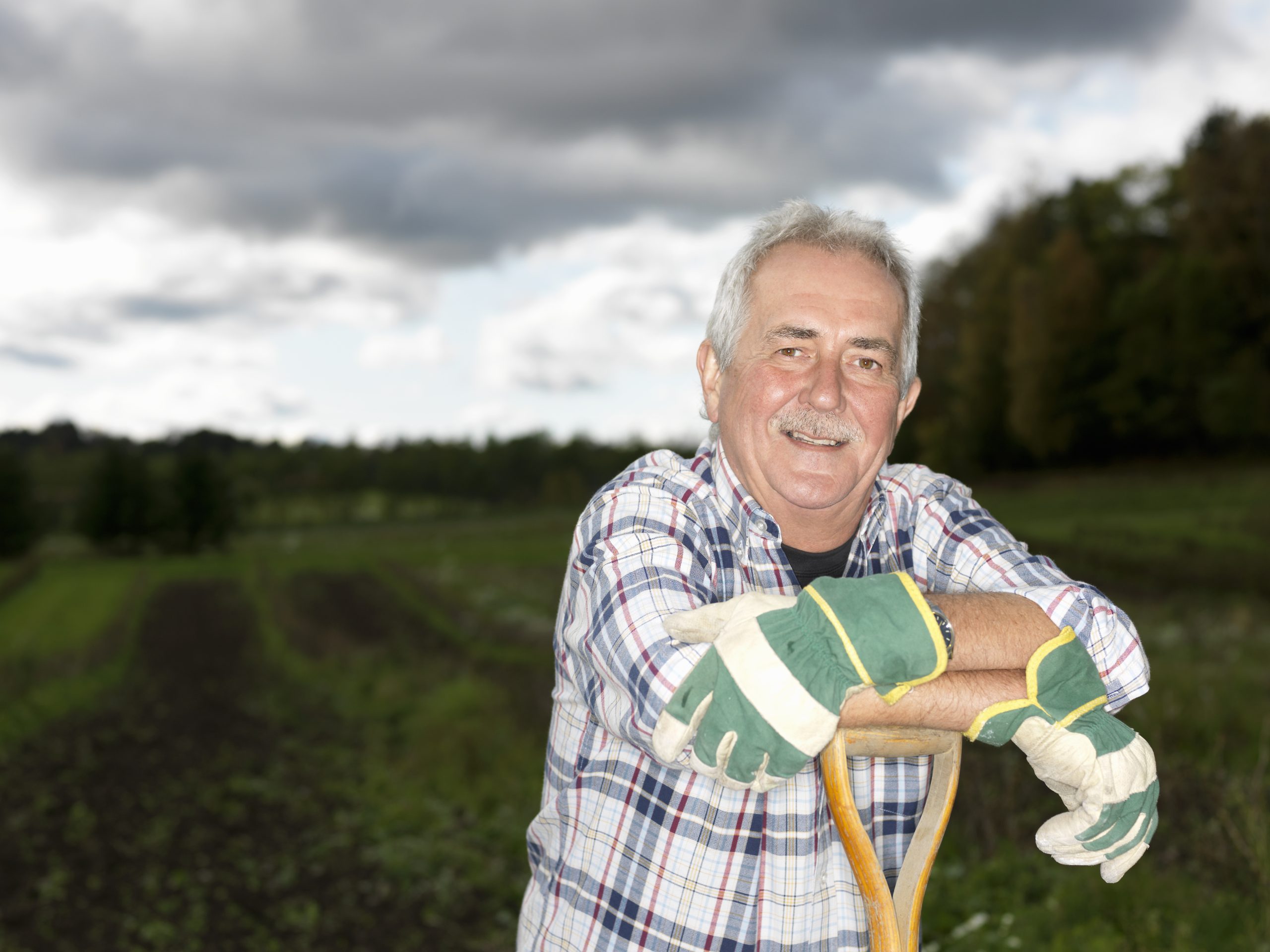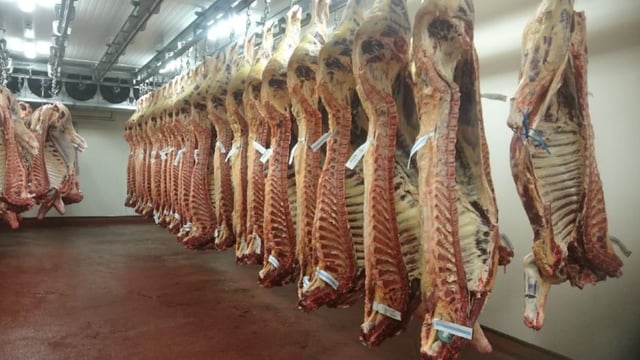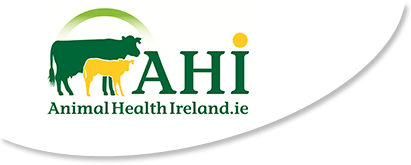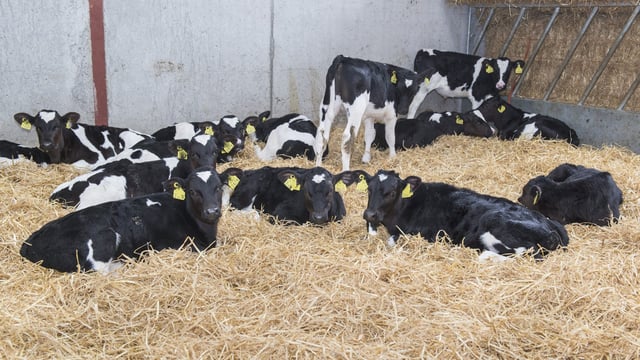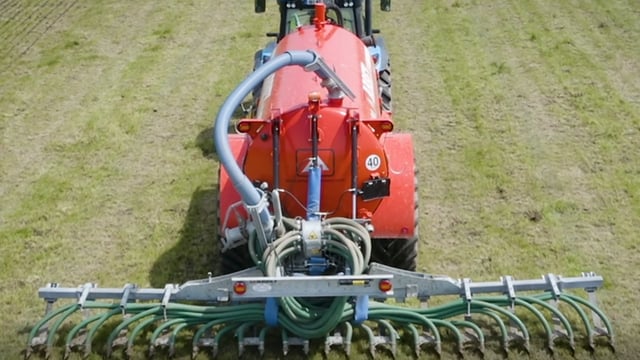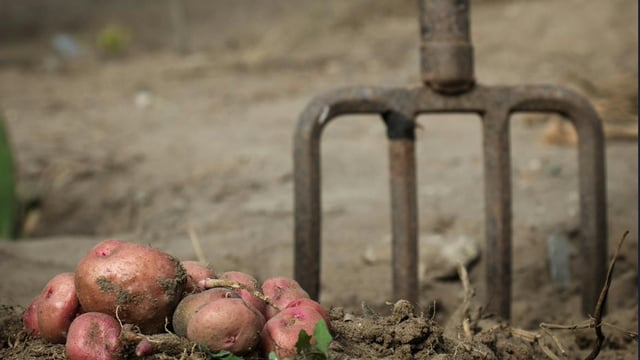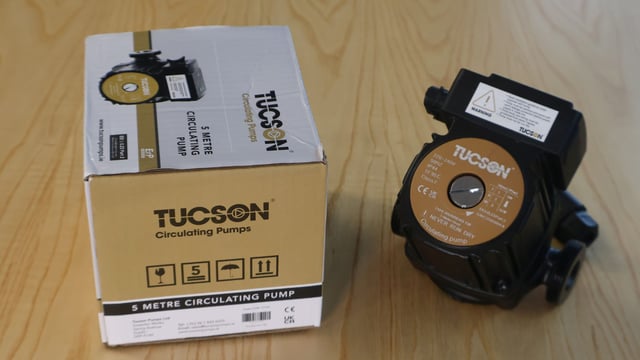Budget 2026: Will it deliver support for the tillage sector and new funding to fight TB?
Minister Martin Heydon has made no secret of the fact that funding for the new Bovine TB Action Plan was always going to be near the top of his negotiating list when it came to Budget 2026.
Last year the exisiting TB programme cost €100 million - an increase of 35% on 2023 and the question that will be answered tomorrow (Tuesday, October 7) in Budget 2026 is just how much has Minister Heydon managed to secure for his new action plan?
Back in June, the minister said he had the "support and approval of his cabinet colleagues" to address the current high levels of TB as a matter of urgency tomorrow the country will find out exactly how much that support is worth.
But TB is not the only pressure point in Budget 2026 when it comes to agriculture and the agri-food sector.
Tillage farmers have warned that unless there is a significant package of support unveilled tomorrow there will be a further exodus from the sector.
The Irish Grain Growers Group is seeking €92 million per annum over five years, while the Irish Farmers' Association has called for the introduction of €250/ha tillage survival payment, which would total €65 million annually over a five-year period.
Budget 2026
According to Alison McHugh, EY Ireland tax partner and head of private client services, the key issues for farm families in tomorrow's budget will be those that directly impact on their pockets and their futures.
She said: "If we look at Capital Acquisitions Tax (CAT), first of all last year there was the increase in the thresholds and and there were the changes in agriculture relief to try and limit the benefit to active farmers transferring their lands and not to allow wealthy individuals, who do not have any farming background, to use agricultural relief to get value across to individuals.
“The legislation was enacted in the Finance Bill but is subject to ministerial order so actually right now today does not have effect, as to whether there will be any announcement in the budget that that the ministerial order will be executed we await to see.
“In general terms for CAT thresholds, there has been some speculation based on comments made by both Fine Gael and Fianna Fáil that they would look to build on the progress that they made last year and perhaps increase thresholds so if we did see that, it would benefit people in the farming community who might want to transfer lands,” McHugh said.
She said if the threshold went up from €400,000 to €500,000, that €100,000 is under normal rules a tax saving of €33,000 per child that you want to transfer land to - that is assuming you do not qualify for agricultural relief.
McHugh added: "If you qualify for agricultural relief it is acutally 10 times that - so it is very significant."
She said also any increase in the small gifts exemption - currently up to the value of €3,000- would potentially benefit farm families particularly in relation to grandparents that want to help grandchildren especially when it come to education costs.
"Where this would also really benefit from an agricultural perspective is if you've got somebody who qualifies for agriculture relief if the small gift exemption went up to €5,000 a year and you have a mum and dad who maybe wanted to start transferring farmland to a child that would allow them to transfer €100,000 worth of farmland if they qualified for agricultural relief," she added.
The EY Ireland tax partner and head of private client services also believes the government will try to ensure that Budget 2026 takes into account the challenges now faced by Ireland's aging farming community.
According to Teagasc, one in three farmers is over the age of 65 with the average age of farmers estimated to be 54 years on dairy farms, 59 years on cattle farms, 56 years on sheep farms, and 58 years on tillage farms.
McHugh said often it is quite common that land is not handed down directly from parents but goes to the next generation from aunts and uncles.
"We do have the favorite niece and nephew relief where if you're working with an aunt or uncle and you're actively working on the business you can qualify for the parents child threshold but everybody will qualify for that for whatever reason because they just might not be actively farming at the time or they might be doing enough hours.
"I think it would benefit the farming community if there was some kind of increased threshold where maybe aunts and uncles who have no children are transferring down to nieces and nephews.
"Because currently there's only €40,000 threshold there so obviously that incurs significant tax costs," she said.
According to McHugh, this is particularly relevant if an aunt or uncle also inherited the original family home that sits around the farmland and they then want that to go nieces or nephews and they may not qualify under qualify under the favourite niece and nephew relief.
She said these are some of the current challenges for farm families that may be addressed in tomorrow's budget but clearly are not the only pressing ones.
According to McHugh, farmers will also be watching closely to see what if any movement there may be on important agricultural tax reliefs and also agricultural stamp duty reliefs.
Many will also be waiting to see if the government will move again on the farmers flat rate compensation which increased from 4.8% to 5.1% from January this year and whether ongoing concerns around Residential Zoned Land Tax (RZLT) will be dealt with in Budget 2026.


